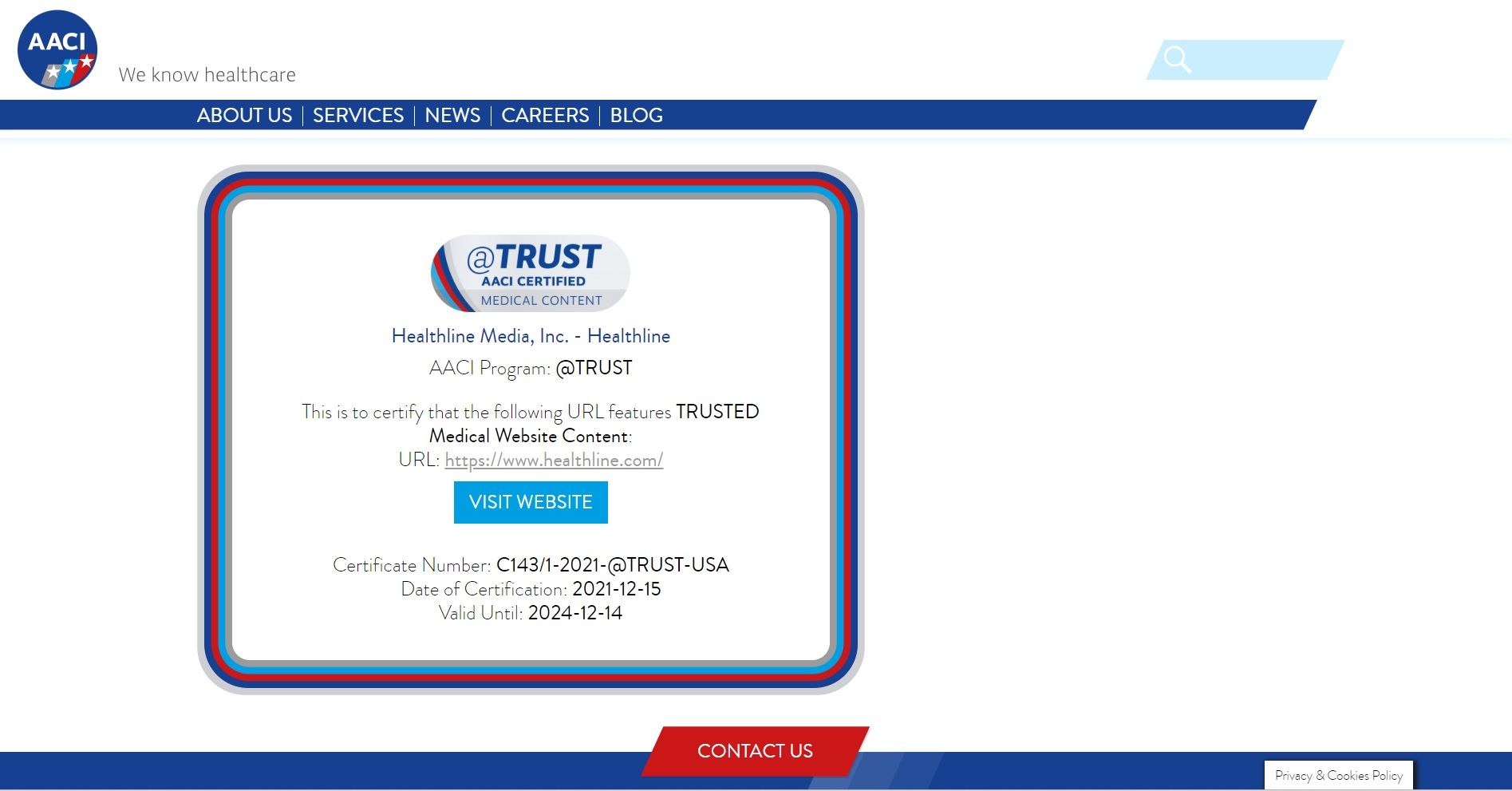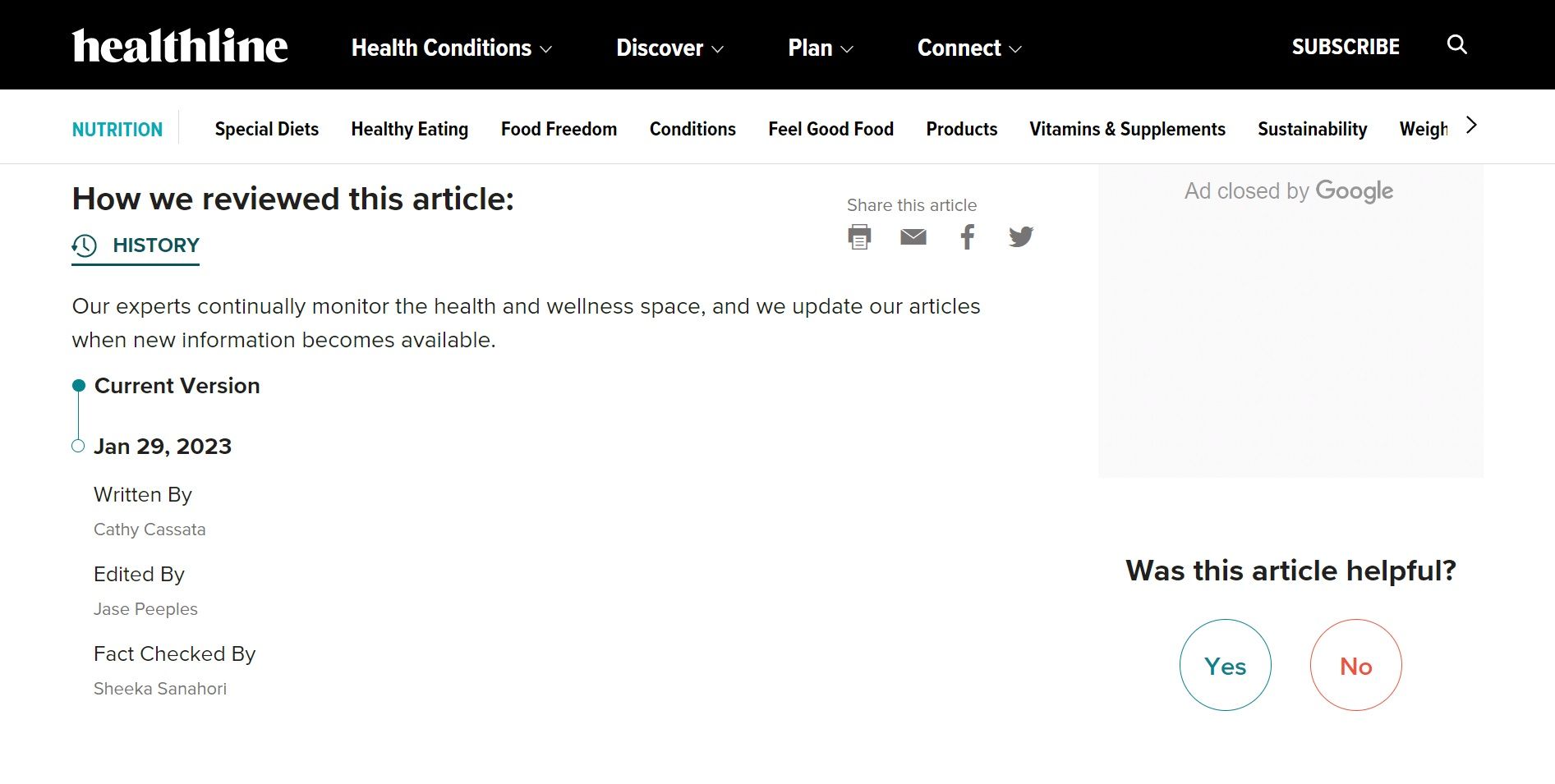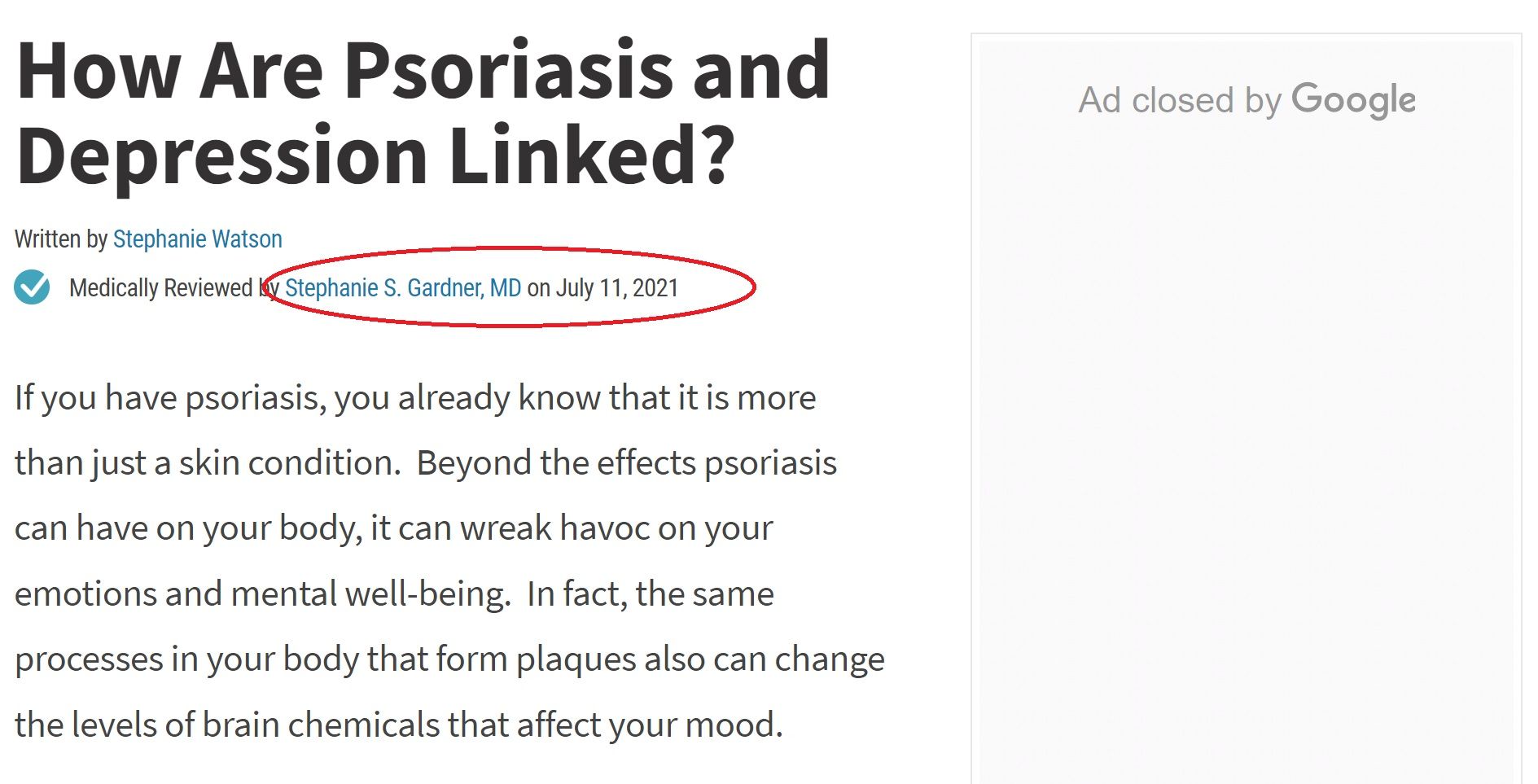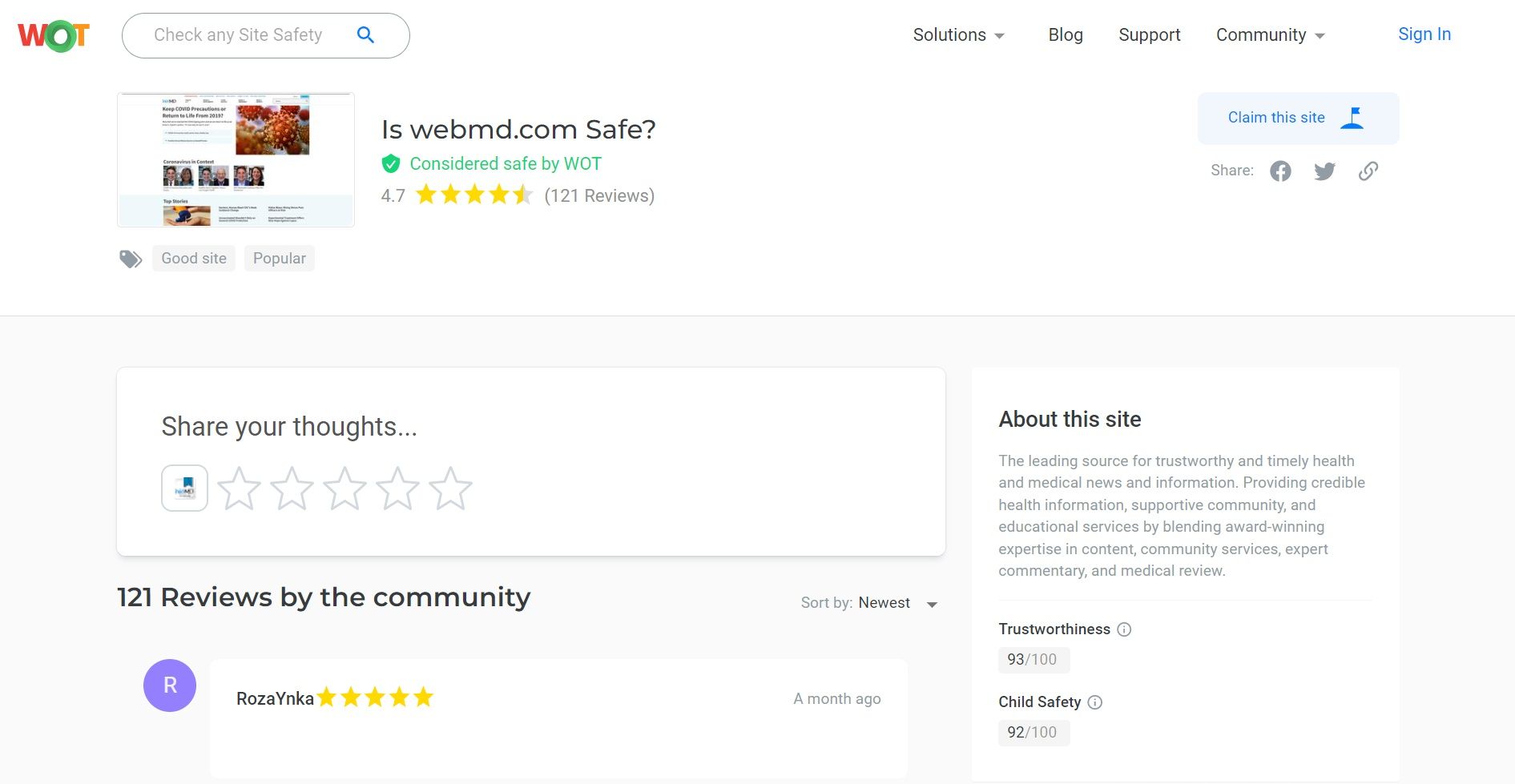When you’re surfing the internet for wellness information, you’ll be exposed to a lot of information from various sources. The internet is filled with useful advice, but it's also home to plenty of false information and claims regarding health and wellness. From self-diagnosis guides, health tips, and dangerous myths, inaccurate information is sometimes published as facts.
With a sensitive topic like wellness, it’s important to ensure that you're consuming information that’s trustworthy. These are five ways to determine if wellness information online is reputable.
1. Look for Research-Based Information
Because wellness is a sensitive topic, the content you consume needs to be well-researched. When you’re looking at information online to help you improve your overall wellness, you need to see that the content is backed by research and that there are links provided to credible academic or scientific research.
The research provided depends on the topic at hand and could be anything from polls and surveys to clinical trials, journal articles, and much more. The point of providing research is to demonstrate that content is trustworthy and backed by evidence.
2. Look for Accreditation
If you’re searching for medical information online, you need to make sure the content you consume is from a legitimate source. One of the ways to do this is to look for accreditation. When you’re on a reputable website, you'll typically find an accreditation certificate on the website's footer or its About page.
The purpose of looking for an accreditation certificate is to ensure that the website has gone through a process of being vetted by experts in the health field. This ensures that you can trust the content you're consuming, as you'll know that it's been approved by a team of specialists.
When you see a certified badge on a website, you can simply click on it to head to that particular accreditation commission website. That way, you can find additional information on the experts that accredited the website you’re browsing through.
3. Find Out Where the Content Comes From
If you come across an article covering specific health claims online, it’s only right that the publication or website informs you of who compiled the information. This allows you to know whether the writer is qualified to share medical information.
Simply having the term "expert" attached to a writer's name is also not enough for you to trust them with advice about specific medical conditions. You need to see additional information that shows you what qualifies the person to be called an expert in that field.
You should find out whether they have an academic background or a formal certification as well as years of experience within that field. Reputable websites like WebMD will inform you about who medically reviewed the article, and they'll provide you with a summary of the reviewer along with their medical, professional, and academic background.
4. Find Out When Wellness Information Was Published
In many research fields, including wellness, there are continuous testing, updates, and new discoveries being found. This is why it's important to look for content that was recently published or updated. Sticking to newer articles will help you avoid content that is outdated. It also allows you to stay in the loop on the latest discoveries. If you’re on a wellness website, you’ll typically find the publication (or update) date in the byline or at the bottom of the article.
5. Look for Reviews of the Publication Online
If you come across a particular website and you're suspicious of the contents, you can look for reviews online. Search for reviews on platforms like mywot.com and sitejabber.com to discover how other readers rate the content on a particular website. While users' reviews can be reliable, some reviews might lead you astray, so you still need to be aware of and look out for fake and useless reviews online.
Find Reputable Wellness Information Online
The above-mentioned tips will help you find reputable wellness information online. While these tips are useful, it’s important to remember that content online should only be used for informational purposes and not to replace professional advice. That’s not all: if you want to continue to access trustworthy information in specific wellness fields such as fitness, there are plenty of professionals online available to give you the information you need.





